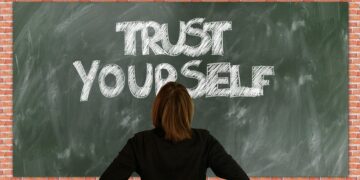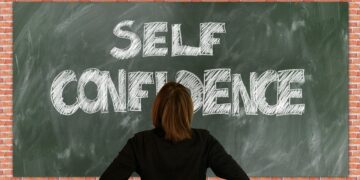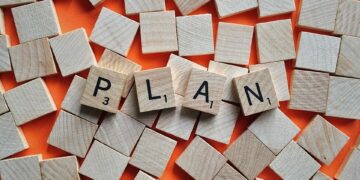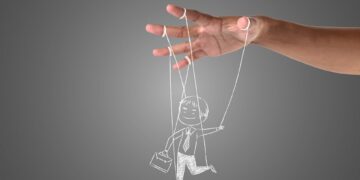[ad_1]
Mastering the Art of Communication: Strategies for Success
Communication is a vital skill that plays a crucial role in both personal and professional success. Mastering the art of communication can help you build strong relationships, enhance your career prospects, and achieve your goals. In this article, we will explore effective strategies for improving your communication skills and becoming a more effective communicator.
The Importance of Effective Communication
Effective communication is the foundation of any successful relationship, whether it be with family, friends, colleagues, or clients. It is the key to building trust, resolving conflicts, and achieving common goals. Poor communication, on the other hand, can lead to misunderstandings, frustration, and missed opportunities.
In the workplace, effective communication is essential for collaboration, teamwork, and productivity. It can help you convey your ideas clearly, influence others, and make a positive impression. Strong communication skills are often cited as one of the top qualities employers look for in job candidates.
Strategies for Improving Communication Skills
1. Active Listening
One of the most important aspects of effective communication is active listening. This means fully focusing on the speaker, paying attention to their words, and understanding their message. Avoid interrupting or formulating your response while the other person is speaking. Instead, show that you are listening by nodding, making eye contact, and asking clarifying questions.
2. Verbal and Nonverbal Communication
Verbal communication involves the words we use, while nonverbal communication includes gestures, facial expressions, and body language. Both forms of communication are important in conveying your message effectively. Pay attention to your tone of voice, posture, and facial expressions to ensure that your verbal and nonverbal cues are consistent.
3. Empathy
Empathy is the ability to understand and share the feelings of others. By showing empathy in your communication, you demonstrate that you care about the other person’s perspective and emotions. This can help build trust and strengthen your relationships. Practice active listening and acknowledge the other person’s feelings to show empathy.
Common Communication Challenges
Despite our best efforts, communication challenges can arise in various situations. Some common communication barriers include:
1. Misunderstandings
Communication is a two-way process, and misunderstandings can occur when the message is not conveyed or interpreted accurately. To avoid misunderstandings, be clear and concise in your communication, ask for feedback to ensure comprehension, and clarify any points of confusion.
2. Cultural Differences
Cultural differences can impact communication, as people from different backgrounds may have varying communication styles and norms. Be mindful of cultural differences in your interactions, show respect for diverse perspectives, and adapt your communication style accordingly.
3. Emotional Barriers
Emotions can also influence communication, as individuals may be affected by stress, anger, or anxiety. Be aware of your emotions and how they may impact your communication. Take a moment to calm down before responding in a heated situation, and practice mindfulness to stay present and focused.
Effective Communication Strategies
1. Be Clear and Concise
When communicating, be clear and concise in your message to avoid confusion. Use simple language, avoid jargon, and get straight to the point. Consider the needs and preferences of your audience when conveying information.
2. Practice Active Listening
Active listening is crucial for effective communication. Show that you are fully engaged in the conversation by maintaining eye contact, nodding, and asking relevant questions. Avoid distractions and focus on the speaker’s words and emotions.
3. Use Feedback
Feedback is essential for improving communication. Seek feedback from others on your communication style, and be open to constructive criticism. Use feedback to identify areas for improvement and make adjustments accordingly.
Conclusion
Mastering the art of communication is a valuable skill that can benefit you in all aspects of your life. By implementing effective communication strategies, such as active listening, empathy, and clear communication, you can enhance your relationships, advance your career, and achieve your goals. Remember that communication is a continuous learning process, so practice these strategies consistently to improve your communication skills over time.
By prioritizing effective communication and mastering the art of communication, you can become a more successful and influential communicator in both your personal and professional life.
Communicate effectively, and watch the positive impact it has on your relationships, career, and overall success.
[ad_2]








































































